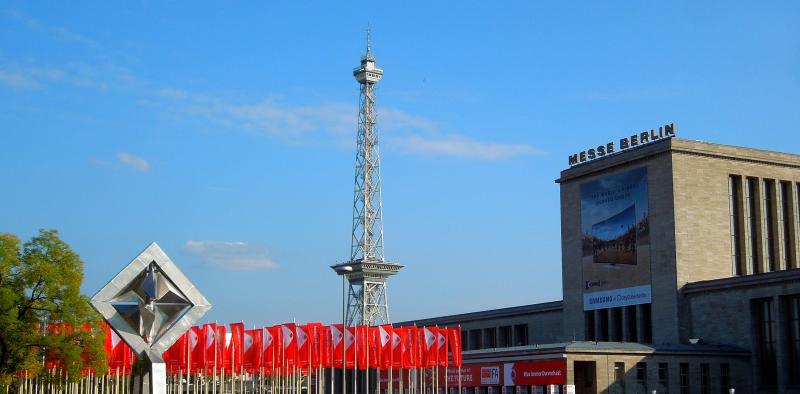Observations From IFA 2014

I recently visited the oldest and largest global consumer electronics trade fair, Internationale Funkausstellung (IFA), which took place in Berlin. IFA highlighted that the technology sector retains its appeal. On IFA‘s 90th anniversary, about a quarter of a million visitors attended, and orders for products worth about €4 billion were placed at the event. IFA’s floor space was sold out, despite a 3% expansion.
Electronics companies from around the globe showcased a wide spectrum of connected devices ranging from the smart stove to the latest smartphones and computerized wristwatches — just a few days ahead of Apple announcing its latest gadgets. Although IFA primarily focuses on consumer products and services, many themes are of increasing relevance for CIOs. Leading CIOs recognize that consumer electronics have an impact on their business and that:
- Consumer electronics offer a new customer engagement channel. Traditional businesses are facing opportunities to use the emerging possibilities for closer customer engagement that consumer electronics in combination with social media channels offer. For instance, smart TVs allow media companies to communicate in real-time with their customers while they watching or listening to the “product.” However, this requires a dramatic rethinking of marketing and sales techniques — something most of the traditional companies are struggling with. This underlines the need to view the “consumer electronics” opportunity as part of the wider digital transformation process.
- Smart consumer electronics are creating complex ecosystems of providers. IFA 2014 offered valuable insights for CIOs into how consumer electronics such as smartphones, tablets, wearables, and smart TVs open new channels for customer engagement and employee empowerment. The show also demonstrated that consumer electronics create opportunities in these digital ecosystems for improving business processes and introducing new ways of working.
- The rise of consumer electronics redefines the vendor landscape beyond existing vendors. Today’s traditional business-focused market leaders could be followers tomorrow or even disappear in a fast-changing market. At IFA, we saw more innovation coming from smaller and younger vendors than many of the large established vendors. Hence, CIOs need to adjust their sourcing process, develop relationships with new vendors, enter new ecosystems, and redefine budgets and vendor selection processes to include business line managers.
Mastering the major consumer electronics trends is a new mandate for the CIO. For more details and observations, check out my Quicktake.
